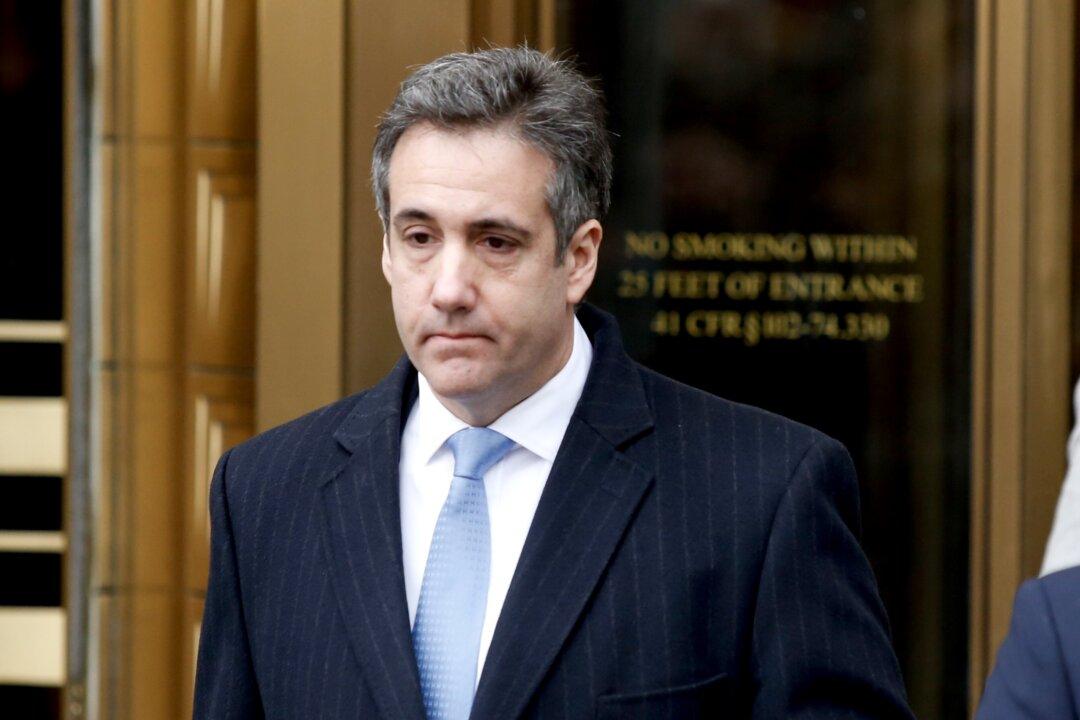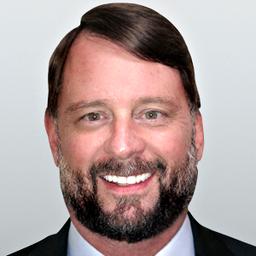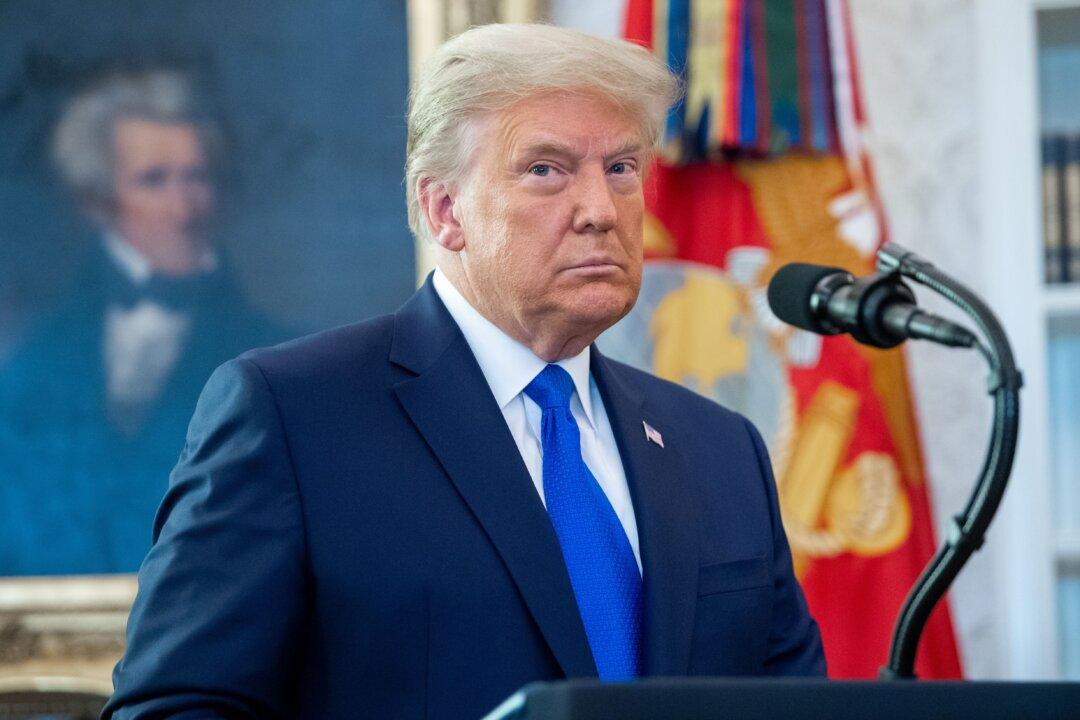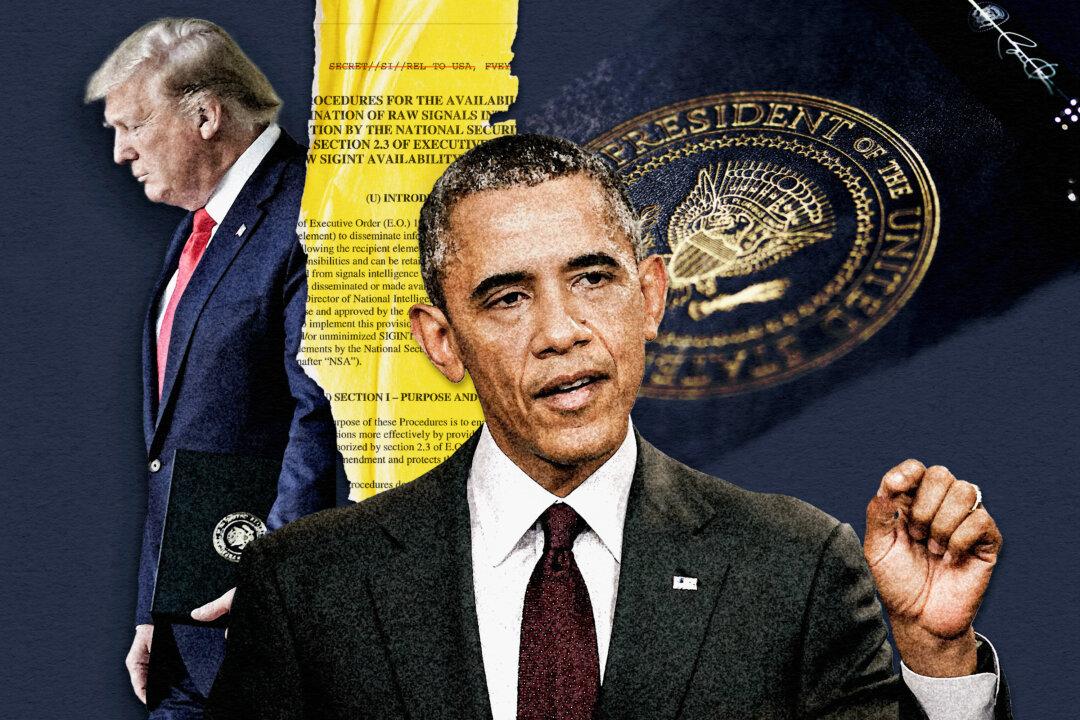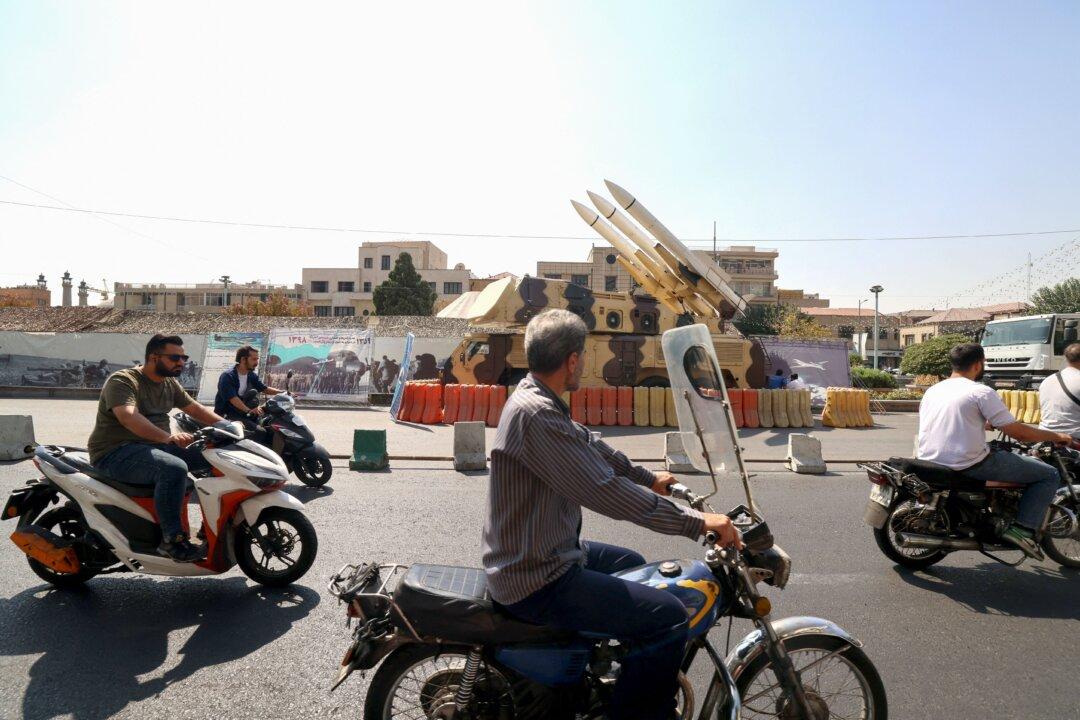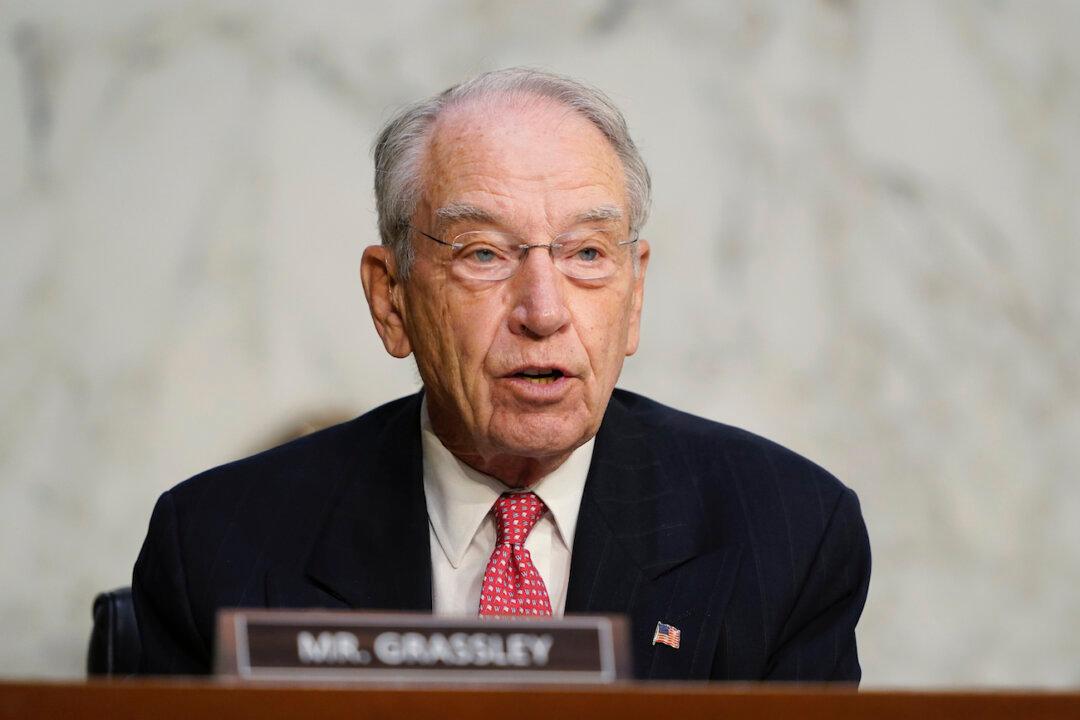The narrative that President Donald Trump’s former lawyer, Michael Cohen, had visited Prague has proven to be spectacularly enduring.
Despite numerous previous failed attempts by media to prove that Cohen was in Prague, McClatchy reporters Peter Stone and Greg Gordon published a story on Dec. 27th saying that a cell phone signal placed Cohen outside of Prague in “late summer 2016.”
